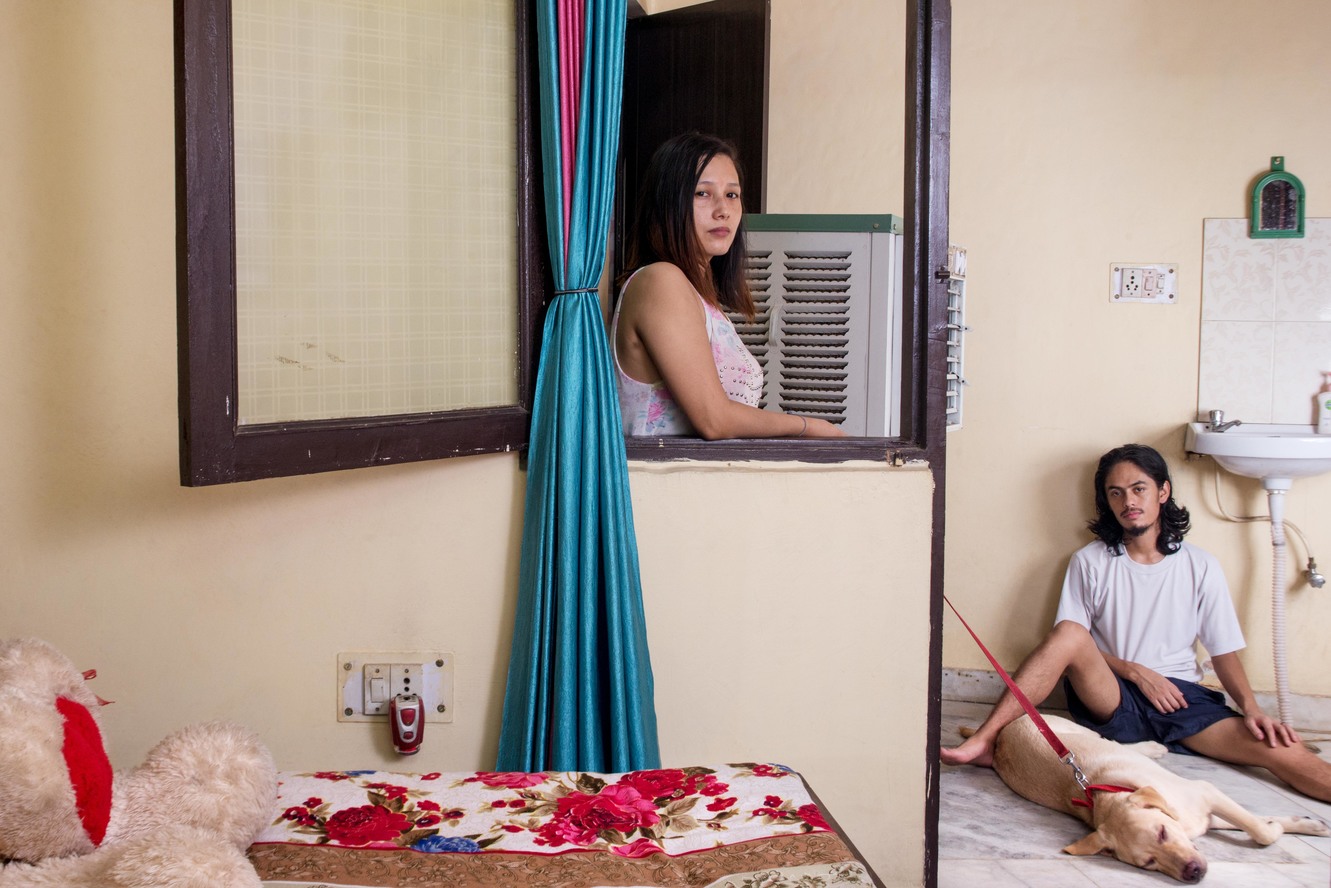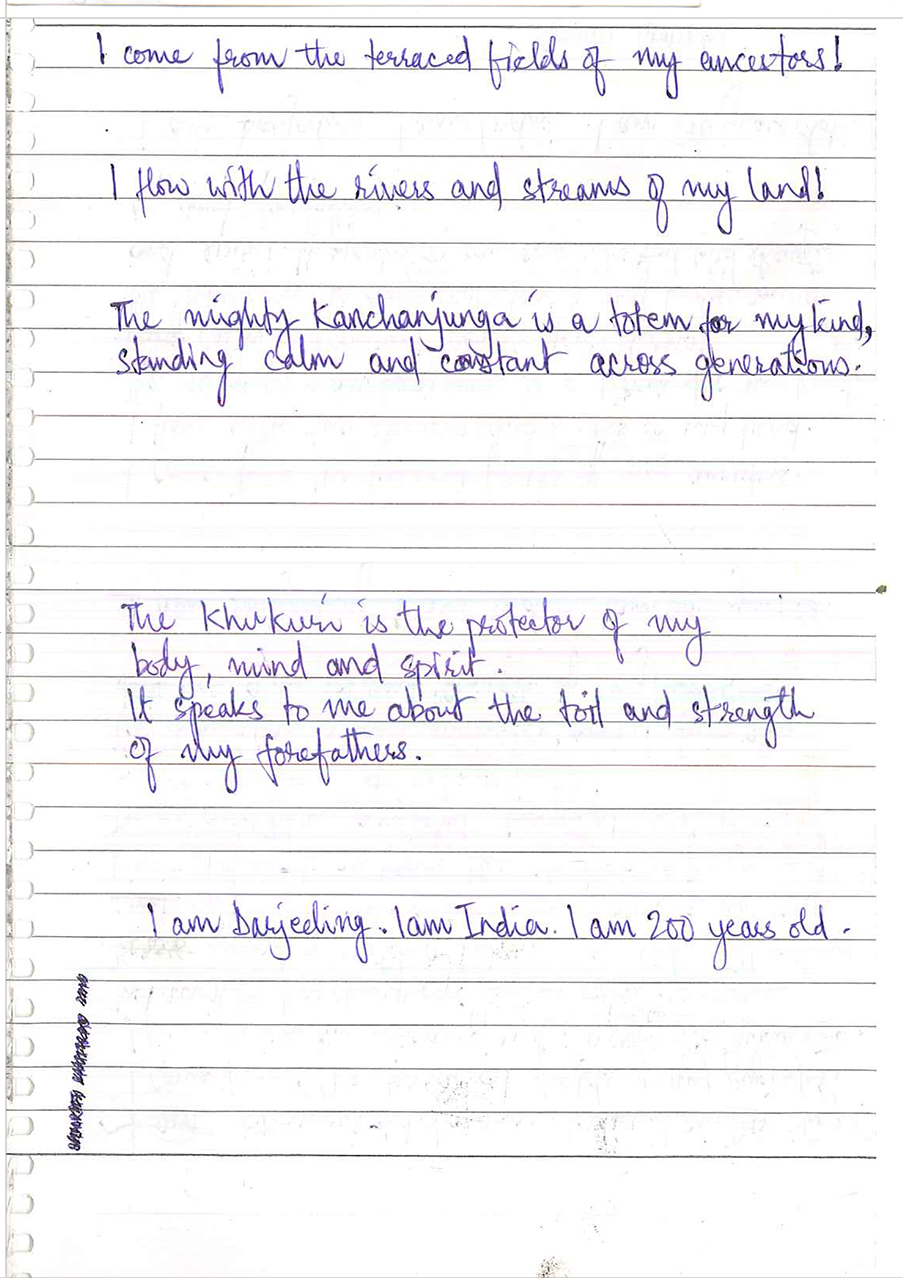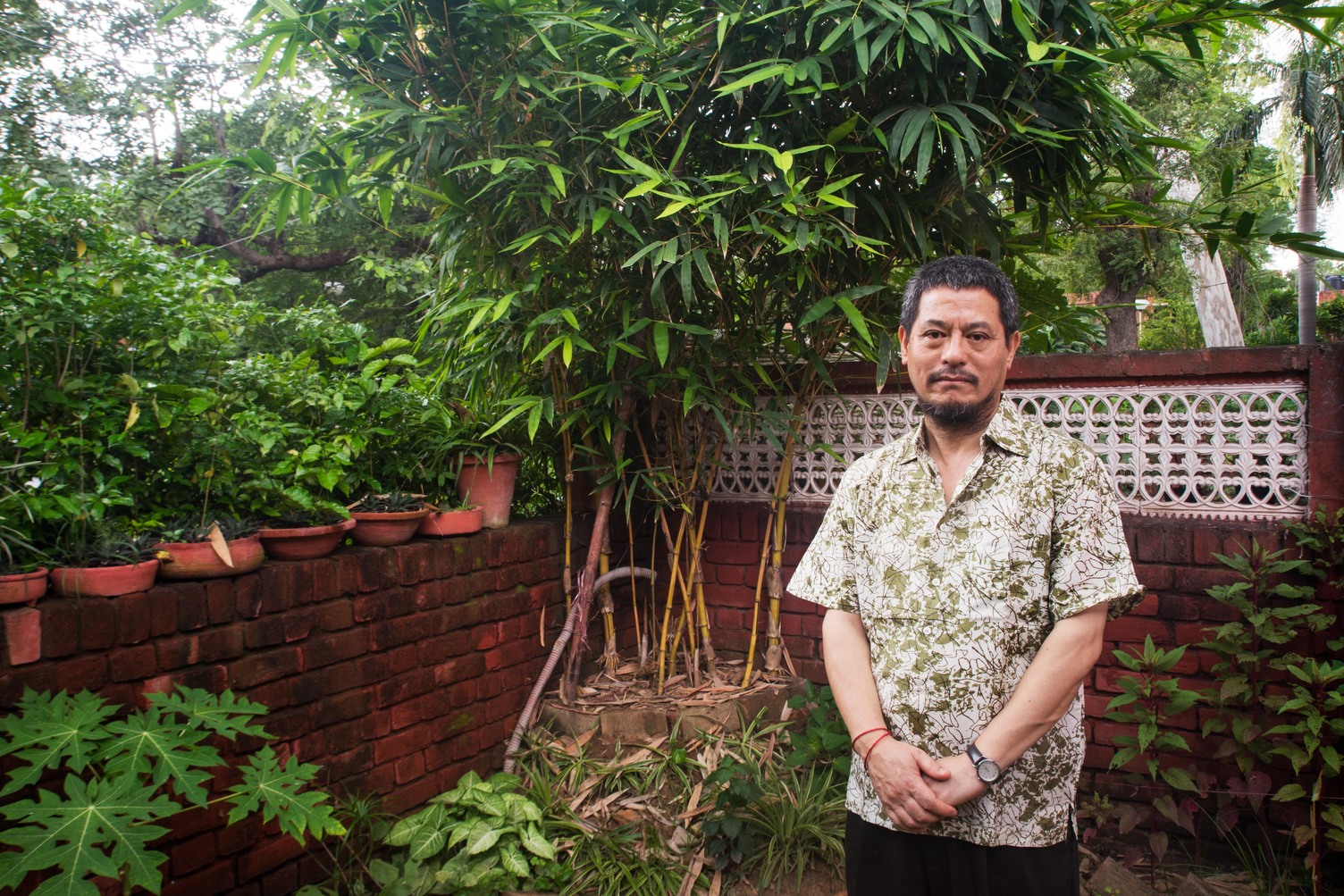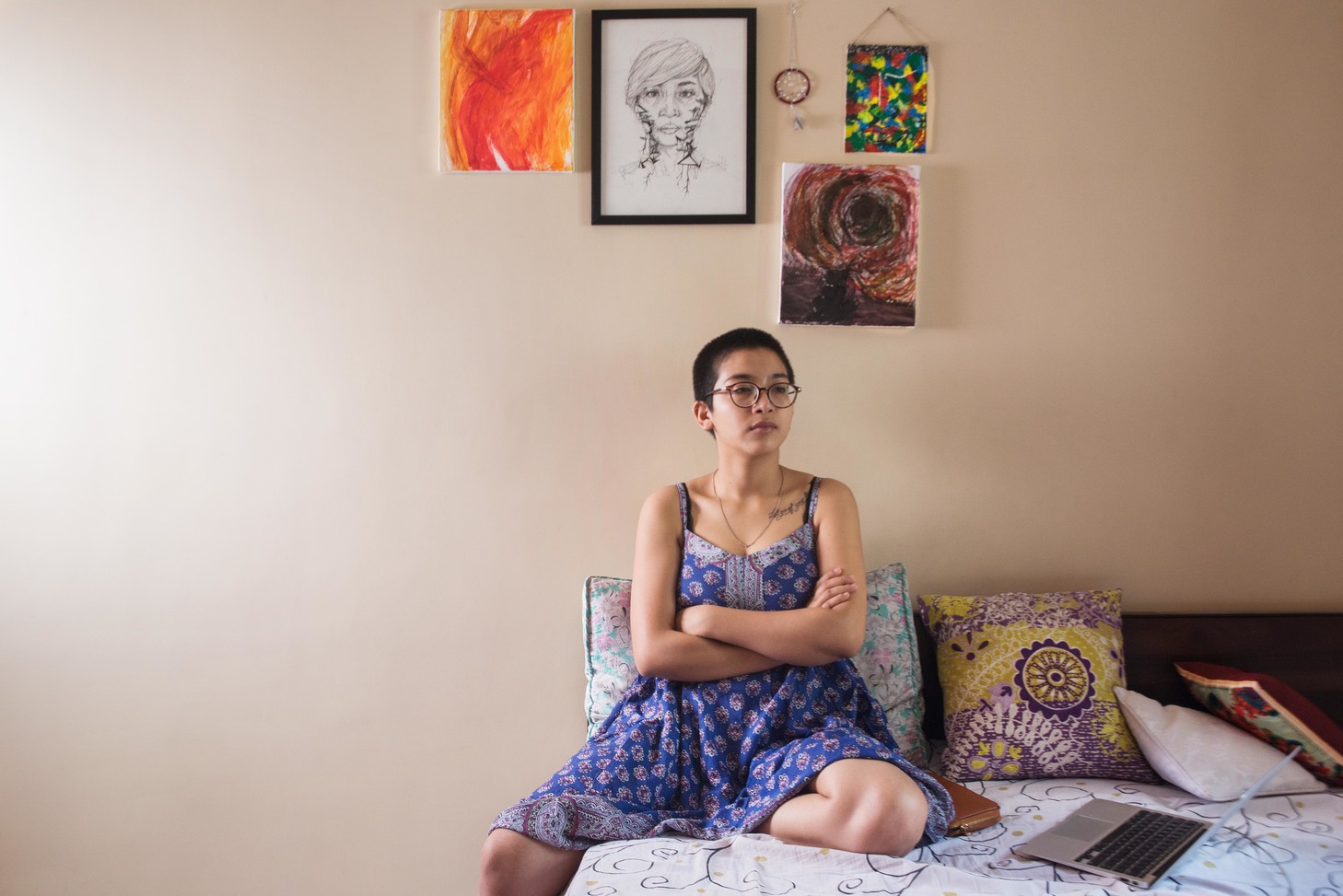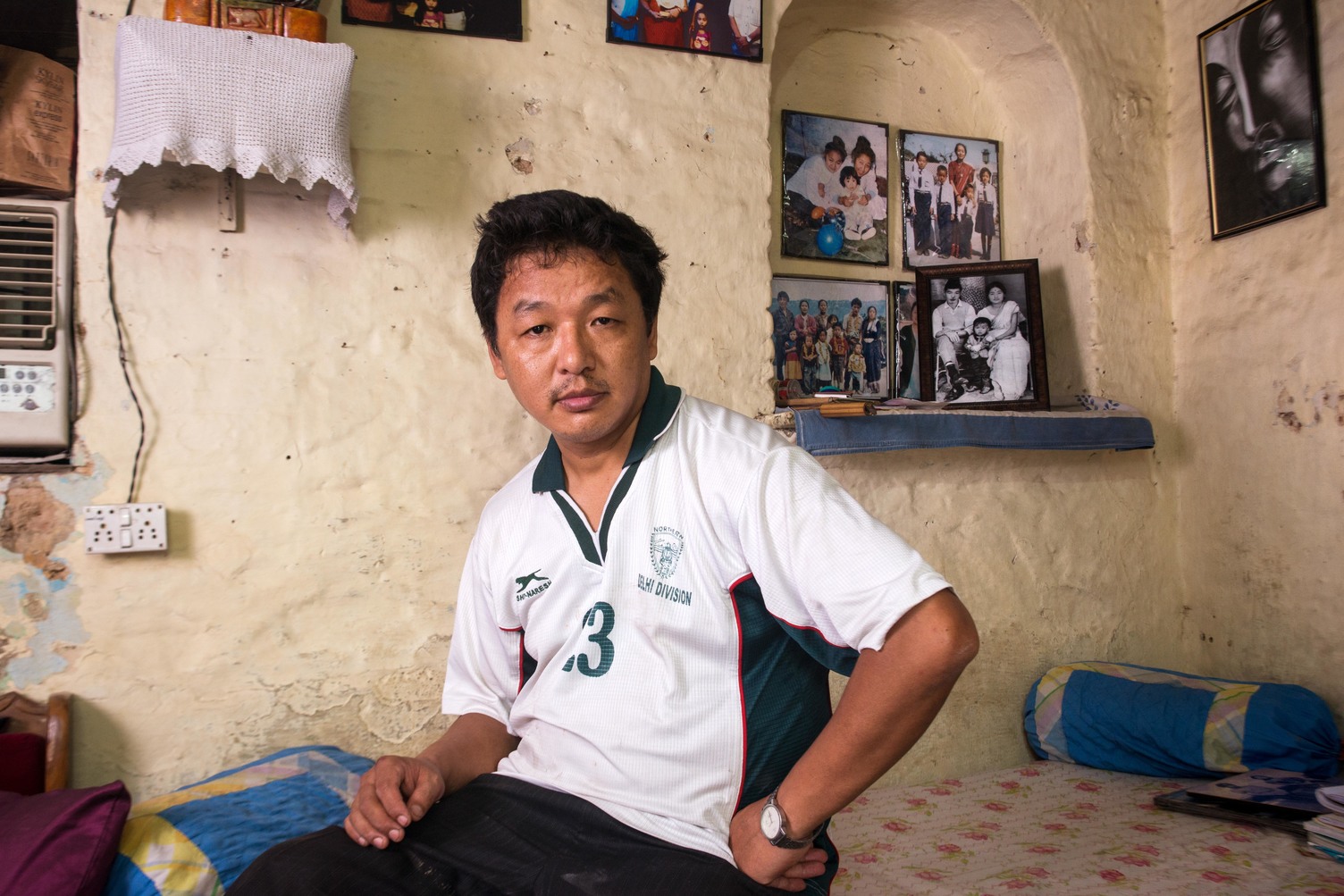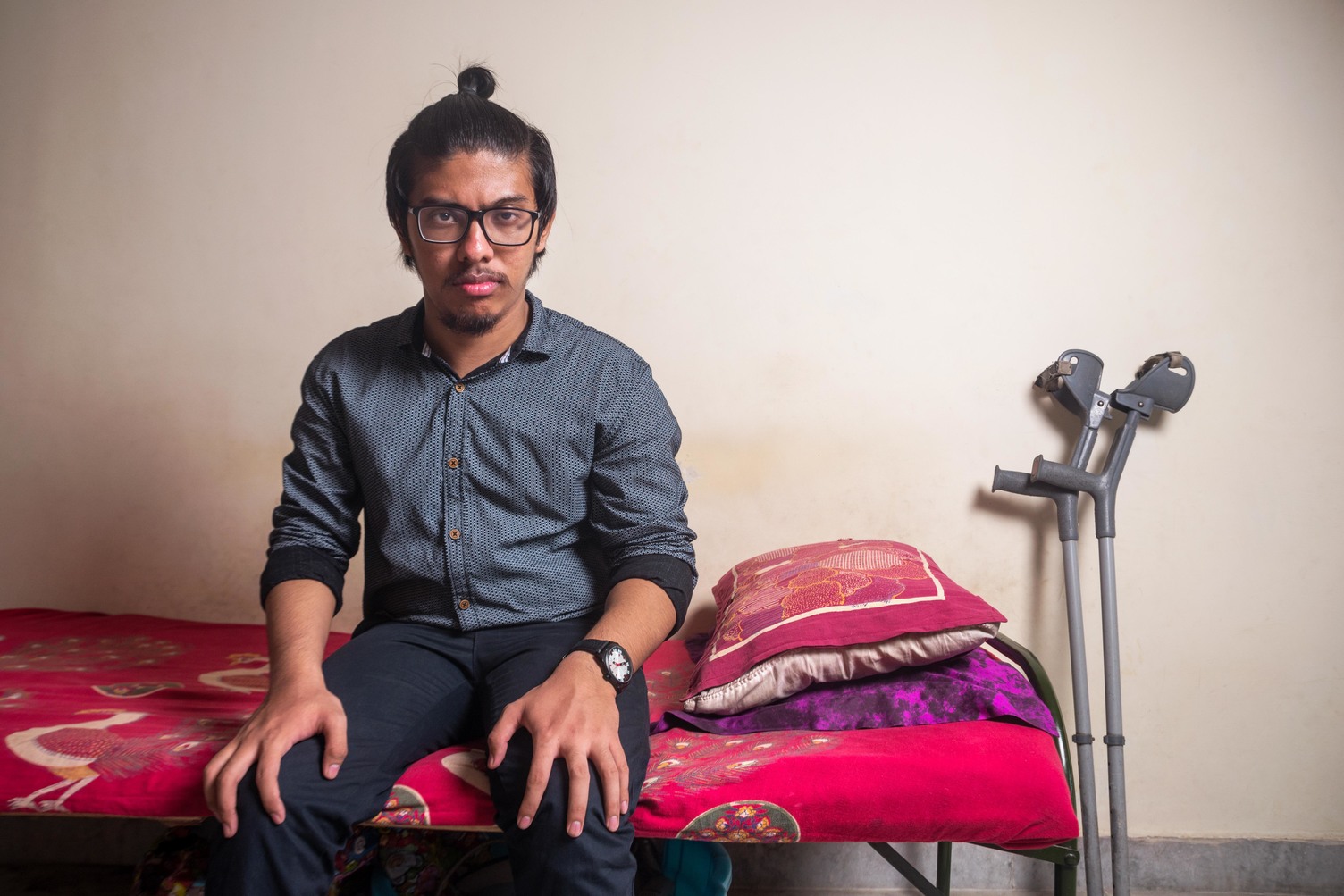

Manish Sharma, tries to connect with and decipher his Nepalese roots by photographing people from the same cultural background as him.
Right now;
I oscillate,
From one point to another.
Swirling and flowing,
From one point to another,
But I want to stop.
Be still.
Go back and be rooted.
Somethings don’t make sense and yet they are all that matter. They keep coming back, no matter how much one tries to run away, says 24-year-old, photographer, Manish Sharma. In his project, My Going Back, he confronts his diaspora via pictures and letters that people share about their unique identity as Indian Gorkhas.
An identity that Sharma didn’t think much about initially. “I remember, when I was in college, a professor once asked me if I was an Assamese or a Nepali, I quickly replied that I was Assamese.” But something about that answer stayed back with him and he found himself obsessively mulling over the question. “Who was I? Since my childhood, I have hated the word Nepali because people usually use it in a derogatory fashion. I have shunned that appropriation forever.”
Sharma was born into a Nepali family in Assam, yet people were sometimes confused about his Indian identity. “When people questioned me being an Indian, I felt extreme anguish. It made me feel I didn’t belong amongst my friends and peers. I felt a disconnect, a feeling of emptiness and it took me a while to realise that this was not embarrassment, but an identity crisis that I was going through.” That is when he realised that he barely knew anything about his roots, so he started this photo project.
In My Going Back, he met many Indians who speak Nepalese at home, “it was an investigation about my quandary of being at loss about my identity. I was curious to find if there were others who could identify with my crisis. I grew curious about their role in society, how they lived and if they shared similar concerns. For too long I have felt this frustration of not belonging—as an Assamese because I was different and as a Nepalese because I could never embrace that fact.”
